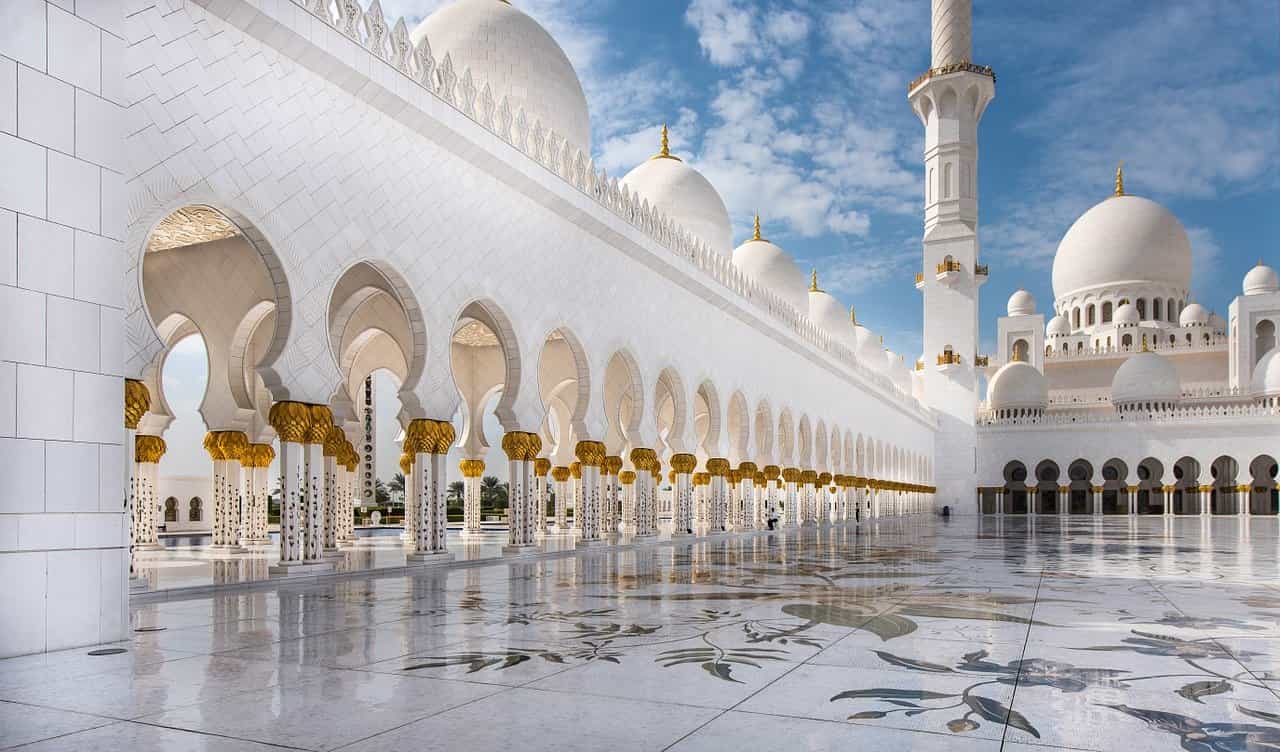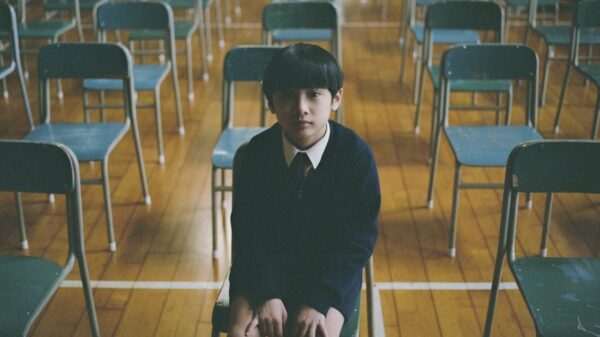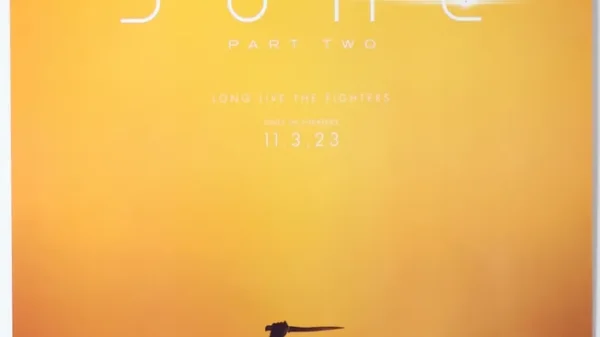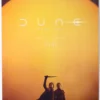Roar writer Maria Malik on Dirlis ErtuÄŸrul, a Turkish drama that counters Islamic stereotypes portrayed in the West.
In recent years, there have been many calls to challenge the conventional portrayal of minority groups in mainstream film and T.V. In spite of successes such as the films: Crazy Rich Asians and Black Panther, which proved that representative art can also make for popular viewing, there is one group that seem routinely misrepresented, in both fictional and non-fictional entertainment – Muslims. That was, until the almost revolutionary Turkish drama Dirlis Ertuğrul burst on to the scene.
A simple Netflix search for ‘Muslim’ will return results that can be sorted in to two categories: the first, throws up words like ‘extremism’ and ‘fundamentalism’ to align with images of terrorism – a word almost synonymous with Muslims now, as a result of the media’s hyper fixation on portraying them as connected entities. A portrayal so lazily offensive, that I hardly feel the need to explain why this would be an undesirable label to be associated with people of your faith.
The second category seems at surface level to be at the end of the spectrum. However it is still tarnished by the same unimaginative prejudices. This is the portrayal of the modern, ‘moderate’ Muslim. These sorts of films and T.V. shows attempt perhaps innocently to portray Muslims as ‘normal’, but in doing so, tangle themselves up in the same suggestions of Islam being an oppressive force that these intelligent, liberal Muslims feel trapped and embarrassed by. Therefore, to gain their freedom, they stray from their religious values. Whilst this is a marginally more positive portrayal, with Muslims represented as more humane, it is quite demeaning that their religion becomes something they almost have to ‘escape’ from to be accepted into wider society.
But where does ErtuÄŸrul come into all of this? ErtuÄŸrul presents a counter-narrative to the unimaginative stereotypes used to represent Muslims in popular media and does so by giving them their voices back.
The show tackles amongst others, two particular clichés through its storytelling: the idea that Muslim history has had less of an impact on world civilisation in comparison to, the Western Christian culture, for example. The other is the idea that Muslim women are denied a voice or position by their religion which works to oppress them, simply for being women. Of course, both of these points are quite easy to argue against, but Ertuğrul does it in a way which is entertaining and informative by writing about people instead of making broad political observations.
Given that the show is loosely based on the history of the Islamic Golden Age, we are able to access an alternative view on Islamic history through an Eastern lens. This paves the way for the viewer to learn about forgotten Muslim academics and heroes that we may not have known otherwise. One such figure is Ibn Arabi, the poet and philosopher who was renowned for his Islamic knowledge and closeness to his faith. Through my research, I discovered some of Ibn Arabi’s breathtaking poetry that could rival any Western poet, but unfortunately, is less likely to be included in the literary canon. Given Ibn Arabi was such an influential figure in both the East and West, having been born and grown up in Spain, I would have thought his name would have cropped up in my education at some point. The almost erasure of Islamic history is described by Ahmed Essa and Othman Ali as being a result of “a lack of relevant research, the uninspiring present condition of the Muslim world, and the Eurocentric approach in Western academic discourse.” Being more aware of influential Muslim figures like Ibn Arabi, makes modern Muslims more inclined to look into their history and reclaim it.
Secondly, the show contradicts the idea of Muslim women being submissive and voiceless through its depicting of strong female protagonists like Halime Hatun and Selcan Hatun. Selcan Hatun is such a novel character that I would liken her to Lady Macbeth, arguably one of the strongest female characters in the Western literary canon. She is ambitious and will stop at nothing to advance her and her husband’s positions. Despite her methods being less than unsavoury, there is something to admire in the way she feels her ambitions are unrestricted by her gender in a Muslim, largely male society.
ErtuÄŸrul presents the audience with characters that are deeply connected to and appreciate their faith, which is different to the way in which Western TV presents Muslims as always trying to deviate from their religion. This is even more compelling when considering we are living in an increasingly secular world and those of us that follow a religion feel slightly as if those parts of our identities are glossed over, and we have to suppress them to fit in. By seeing how much the characters wear their religious identity on their sleeves, it is easy to start developing a similar sense of pride for our own.
Considering recent events such as the Refugee crisis and the oppression of Muslims in countries like India and Myanmar, it feels difficult to imagine the Muslim world as ever having been a united force that takes care all of its entities. Therefore we can see why the idea of a strong and powerful Muslim society, like the ones depicted in ErtuÄŸrul are so appealing to modern viewers; as the Muslim world seems to be either under attack or fragmented.
ErtuÄŸrul is the sort of Muslim icon I have longed to see grace our screens and I admire the way that this show educates and plugs the gap in the market for accurate Muslim representation.


















